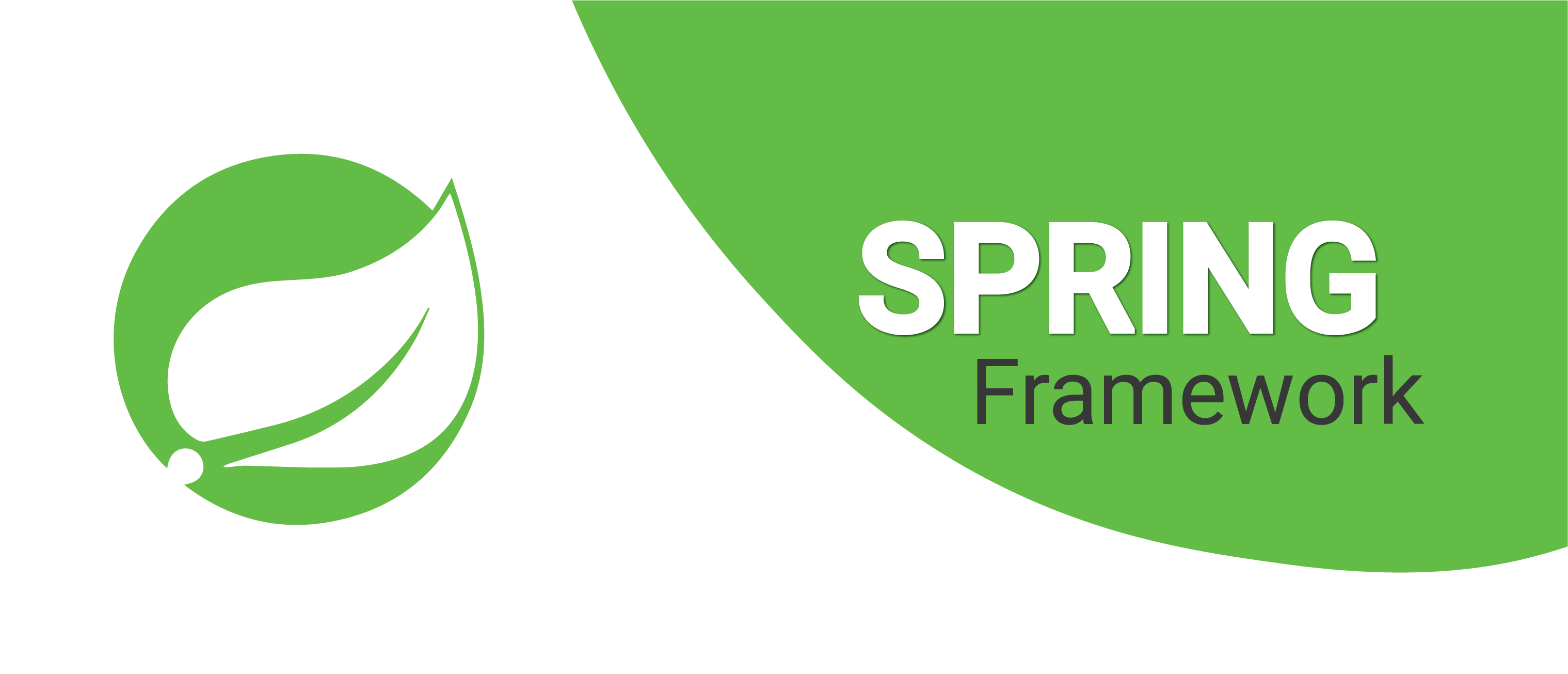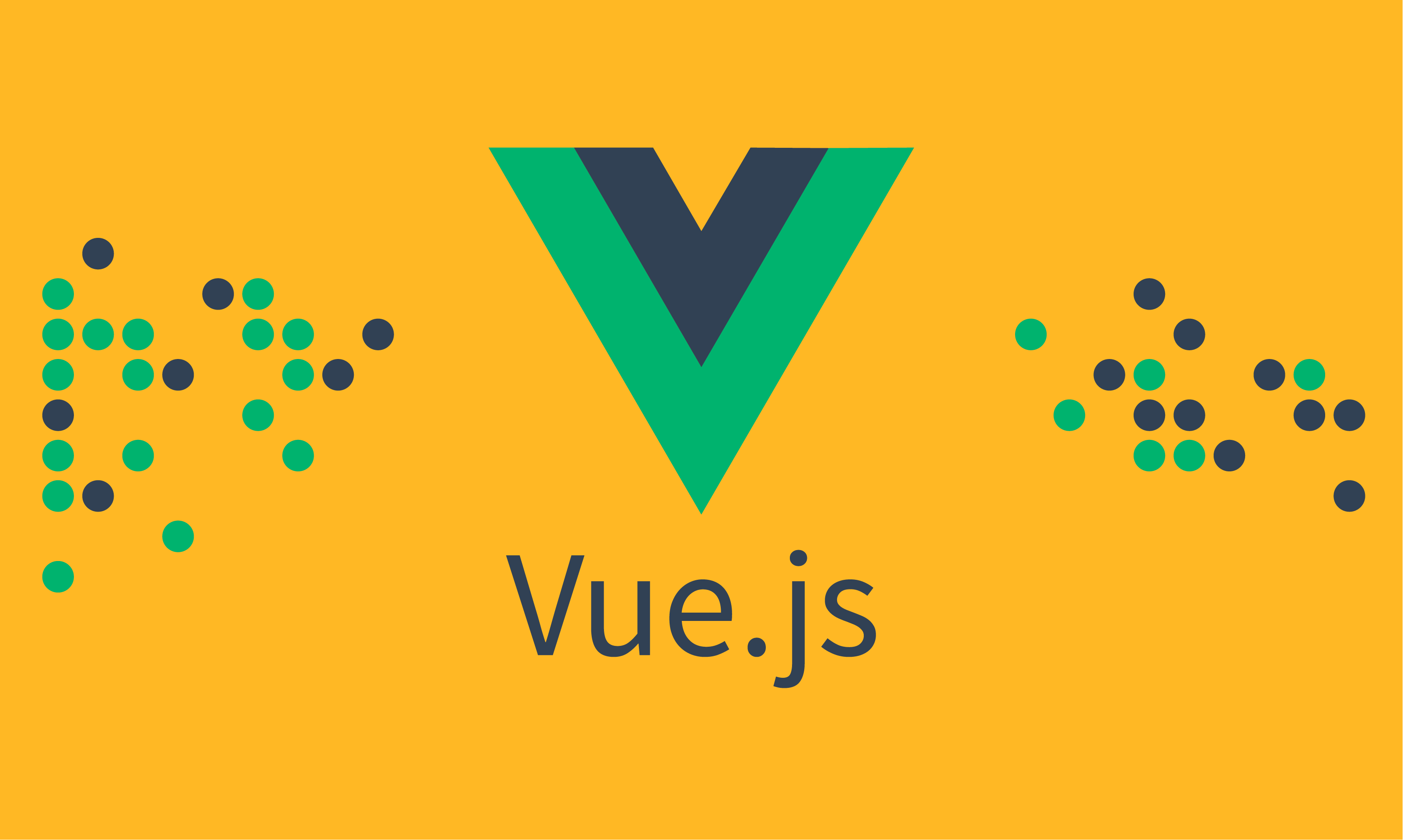Full Stack Frameworks: Pros of 2020
In today’s modern world, everything is instant to our hands with sophisticated technologies. As the adaptability of online space proliferates, web development technologies also get mature leading to developing more complex feature-rich web apps. The advancements in technology have also raised the bar of customers in terms of an elemental online presence. Each company looks forward to working with a service provider who is well-versed with the latest web development trends and is proficient in the work that they do.
Web development frameworks support the development of web apps, websites and web resources, web services as well as web APIs. Simply put, they are nothing but libraries that help you build your web app efficiently and effortlessly.
With the market flooding with new web development frameworks every day, it can be very challenging to choose which one would be the best fit for your project. The whole process can be made very easy if the developers are well-versed with the below-mentioned web development technologies and frameworks:
Top 10 Web Development Frameworks
1. Spring- Java Framework
Spring is one of the most renowned frameworks enterprise-grade app development using Java. The primary intent of having this framework is to ease the process of making J2EE apps. It is a back-end development framework based on Java, which enables developers to create simple, fast, flexible Java Applications. Used by many big names like Wix and Ticket Master, Spring has a rigid architecture that provides the developers with a frame for their future projects.
2. Vue.JS
One of the most adaptive frameworks, Vue, is an advanced framework used to build outstanding user-interfaces. With a central library emphasizing on the view layer, integrating it with other libraries and preexisting projects is a piece of cake. The integration of Vue in your projects is very similar to that of Jquery, and there is no necessity whatsoever of a build step. Created by Evan You, it is a framework that focuses on component composition and declarative rendering. Moreover, Vue is an excellent choice if you want to develop a powerful SPA (Single Page Application) as it is loaded with lots of supporting libraries and modern tools.
3. Yii Framework
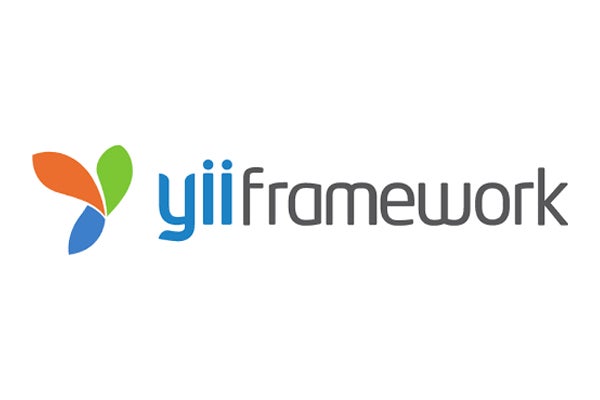
Yii is a powerful, practical, and flexible web development framework based on PHP. Yii is an acronym for Yes it is! Which stands quite an appropriate answer to the question, “Is it so amazing?”. It is a universal web-app development framework that can develop any web application. It is an excellent option for high-traffic apps and websites like E-commerce websites, portals, Content Management Systems, or any complicated web app because of its exceptional security features. Since it models the data as objects, there is no need to go on writing monotonous SQL queries and statements. It also provides many cache mechanisms like cFileCache, cDummyCache, cMemCache, thereby allowing an effortless cache app component integration. Yii is loaded with great features and comes with clear-documentation.
4. Symphony Framework
Symphony is a feature-rich, reusable, highly flexible full-stack web development framework. It provides the developers with a complete free-hand with working on a RAD environment by giving a vivid choice of 30 components. It is based on the Model View Controller (MVC) System, which allows session management, decoupled components, and error logging and is easily maintainable. It can be effortlessly clubbed with many renowned client-side frameworks like AngularJS along with other third-party apps. It is a collection of Web App Frameworks and PHP components and boasts the two most stellar benefits, Bundles, and Components.
5. AngularJS

Based on the comprehensive programming language- JavaScript, AngularJS is a multifaceted open-source front-end framework. With the growing fame of SPAs (Single Page Applications) Development, the popularity of AngularJS is also speeding up. Developed and maintained by Google, AngularJS helps you create dynamic web pages utilizing JavaScript and HTML. Additionally, Patterns are created in AngularJS with the help of the Declarative Paradigm to make the core easy to read and very light-weight. The need for additional getter and setter functions is eradicated by the presence of POJO, which allows object manipulation using` standard JavaScript Functionalities.
6. Rails Framework
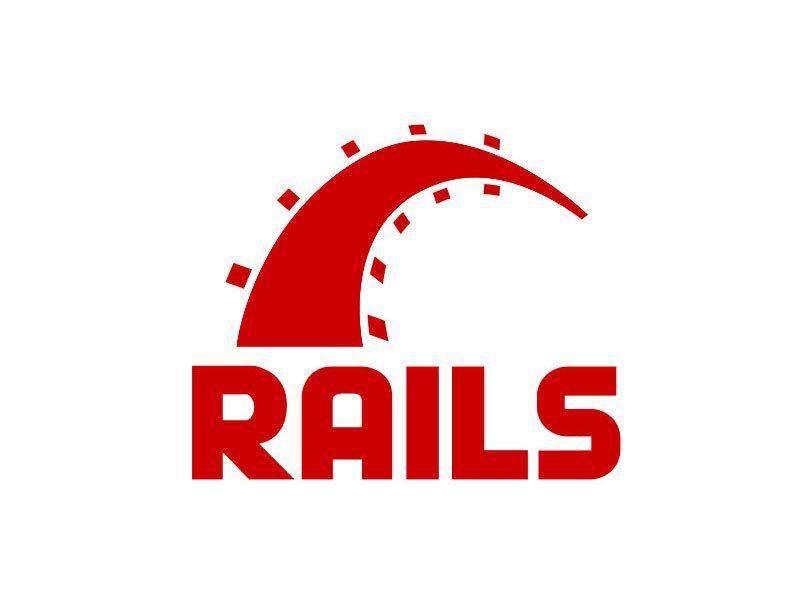
Ruby on Rails is a very proficient web development program developed by David Heinemeier Hansson in the year 2003. Considered as very developer-friendly, Rails is an opensource, object-oriented, general-purpose back-end development framework. Rails follow the DRY (Don’t Repeat Yourself) and CoC (Convention over Configuration) approach, which facilitates the building of light-weight apps and boosts flexibility. It also ensures flawless interaction with third-party apps by allowing each object to possess unique attributes. The applications are maintained to be bug-free as the developers are provided with a detailed error-log. It also supports the development of SEO friendly URLs.
7. Laravel
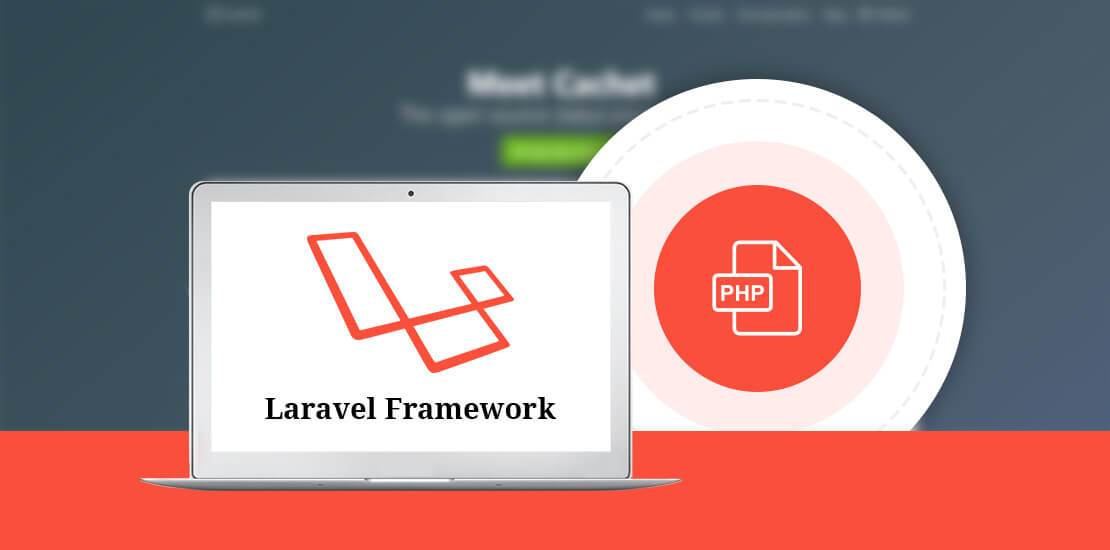
One of the most fantastic PHP web frameworks, Laravel, has an exquisite and expressive structure that backs out ordinary errands, for example, authentication, sessions, storing, and steering. The main aim of the Laravel Framework is to make the process of development easy and fun. Laravel emerges as the top choice of many developers as it offers excellent performance, scalability, and features. Its unique architecture enables the developers to build customized infrastructure for their apps. It also has an integrated cloud storage system like Amazon S3 and Rack Space, along with local storage.
8. Tensor Flow

It is a unique, open-source library for mathematical computation utilizing the data-flow graphs. Tensor Flow is exclusively used for Artificial Intelligence apps that involve a massive community with itself. Although it has a broad range of uses, it is preferred to be used in the domains of Deep Learning. With the boom in the AI and ML technologies, TensorFlow has also seen a rise in the number of users as it is the framework of the future. Artificial intelligence is perceived to takeover every field and every niche, which is a positive indication for the use of TensorFlow.
9. CakePHP

CakePHP is a revolutionary PHP framework that simplifies the developers’ job by eliminating the need for developing an app from scratch. Its various scaffolding features, along with the swift code generation, dramatically cut down the development cost. The ability to reuse the code in CakePHP makes the web development process very rapid. Not just that, but most of the essential elements for building an application are in-built in CakePHP, which saves a lot of developers’ precious time. The availability of vivid documentation and pragmatic guides along with colossal community support is a cherry on the top.
10. MeteorJS
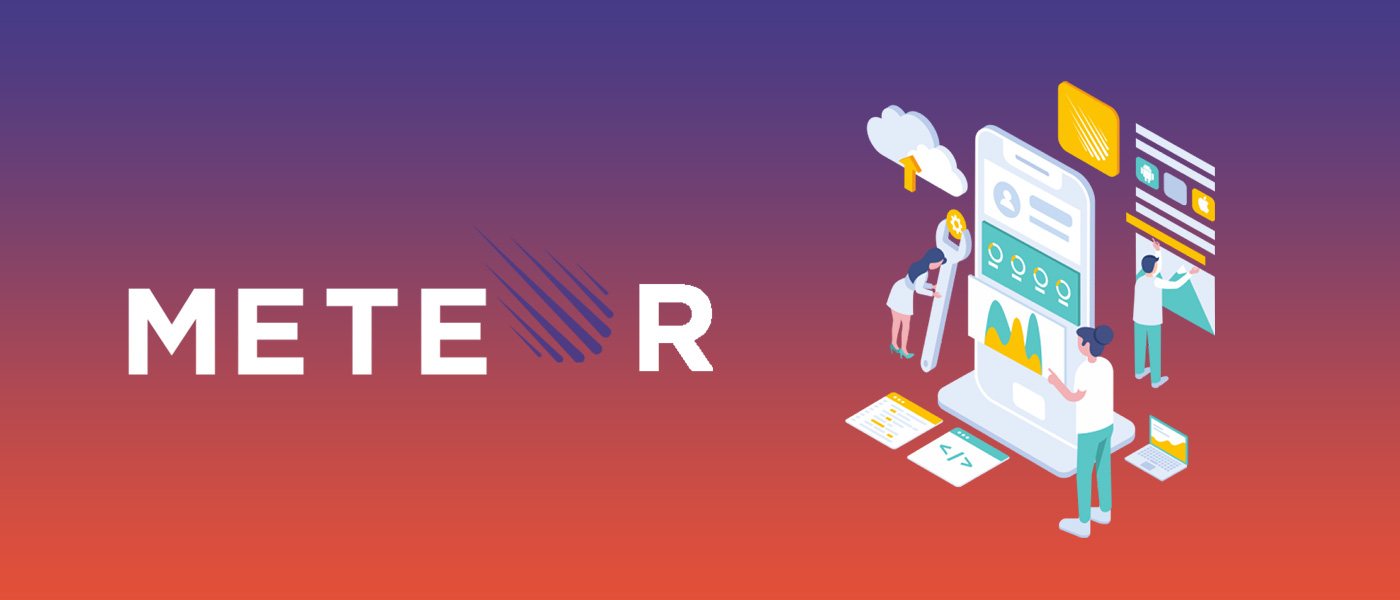
MeteorJS is, hands-down, the best choice if you are looking for speedy web development as it is a full-stack web development framework, which solves both your front-end and back-end needs. It is a JavaScript framework that has an in-built collection on libraries and packages that are linked and bound together. It is an isomorphic framework that can be utilized to create a cross-platform code. It is based on MEAN stack and comprises of many components like Cordova, Communication Line Tool, CLI, Browser, and Server.
Summary
With the exponential amplification of the tech world, new web development tools and frameworks are rising every day. The competition is the market is fierce, and you need to select nothing but the best for your project. The above list can help you choose the best web development framework that fits well with the requirements of your business and help you grow manifolds.

